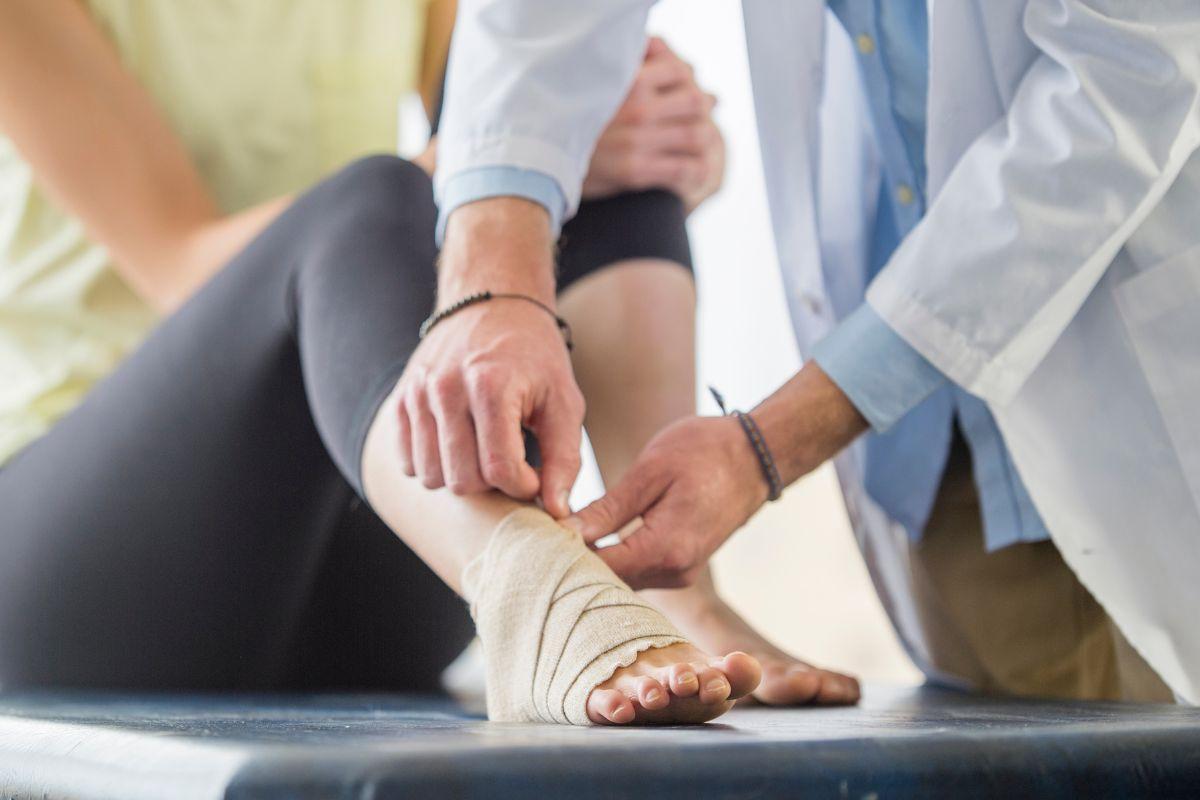Written by Dr Anjali Mahto for Doctify
OK guys, it’s officially cold. It may only be September but we’re already breaking out our beanies and upping our scarf game. But our fashion choices aren’t the only thing we need to adjust – you also need to update your winter skincare routine. Because, as we all know the cold weather can play havoc with your skin and hair.
Chilly temperatures and biting wind strip your skin of its much needed moisture. To keep your skin glowing and healthy, it is more than likely your skincare routine will need a make-over in the winter months. These handy tips will help banish dry, irritated skin.
Avoid long hot showers
Whilst it is tempting to jump into a hot shower for twenty minutes when it’s cold outside, this is probably one of the worst things you can do for your skin. Hot water will remove your skin’s natural oils and quickly deplete natural moisture. Keep the showers no longer than ten minutes and use warm or luke-warm water.
Remember to moisturise
Your skin forms a protective barrier against the elements and one of its main functions is to prevent water loss. In the winter months, there is less production of natural oils (e.g. ceramides, cholesterol, fatty acids) resulting in increased dryness, scaling, and flaking of the skin.
It is important to moisturize regularly to combat this winter dryness. Moisturisers will bind and retain water, in addition to forming a protective seal preventing further water loss. For best effects, this is best done straight after showering and then throughout the day as needed.
Don’t forget the sunscreen
Sunscreen isn’t just for the summer and should be worn throughout the year, as there is still damaging ultraviolet radiation around. Sunscreen should be broad-spectrum offering protection against UVA and UVB and at least SPF 15. This is particularly important if you enjoy outdoor hobbies such as running, hiking or snow-sports. Regular sunscreen use will help prevent against skin cancer and premature ageing.
Look after your hands
Dress appropriately for the weather and make sure you wear gloves outside. Get into the habit of moisturising immediately after washing your hands and keep a good handcream on you at all times. Don’t forget to wear gloves when doing the washing up at home. For a luxurious hand treatment when you have more time, use a thick handcream and pop on some cotton gloves for an hour to really soften the hands up.

Change your shampoo
Many people find that the winter months bring on dryness of the scalp and worsening of dandruff. Using an oil treatment on the scalp followed by an anti-dandruff shampoo will ease these symptoms.
Protect chapped lips
Dry weather, low humidity and wind contribute to sore, chapped lips in the winter. Use a gentle lip scrub to slough off dead skin and keep a tub or stick of lip balm on you at all times.
Treat your feet
Dry, cracked heels often become a problem in the cold weather. Regularly gently scrub the feet with a pumice stone or foot file to remove any dead skin. After your shower, don’t neglect to moisturize your feet.
Always exfoliate
Gentle facial exfoliation should be a regular part of your skincare routine regardless of season. Exfoliation will immediately brighten your skin removing the top layer of dead skin cells and also allow better penetration of your moisturiser.
Choose skin friendly fabrics
Wool can be extremely irritating to dry, itchy skin. It may be better to layer your clothing with natural fabrics such as cotton or silk. These prevent overheating and allow the skin to breathe.
See a skin specialist
Many underlying skin conditions can get worse in the winter months (e.g. eczema, psoriasis, rosacea). If you suffer with any of these or notice any skin problems becoming significantly worse in the cold weather then arrange to see your family doctor or dermatologist to discuss a suitable treatment plan.




